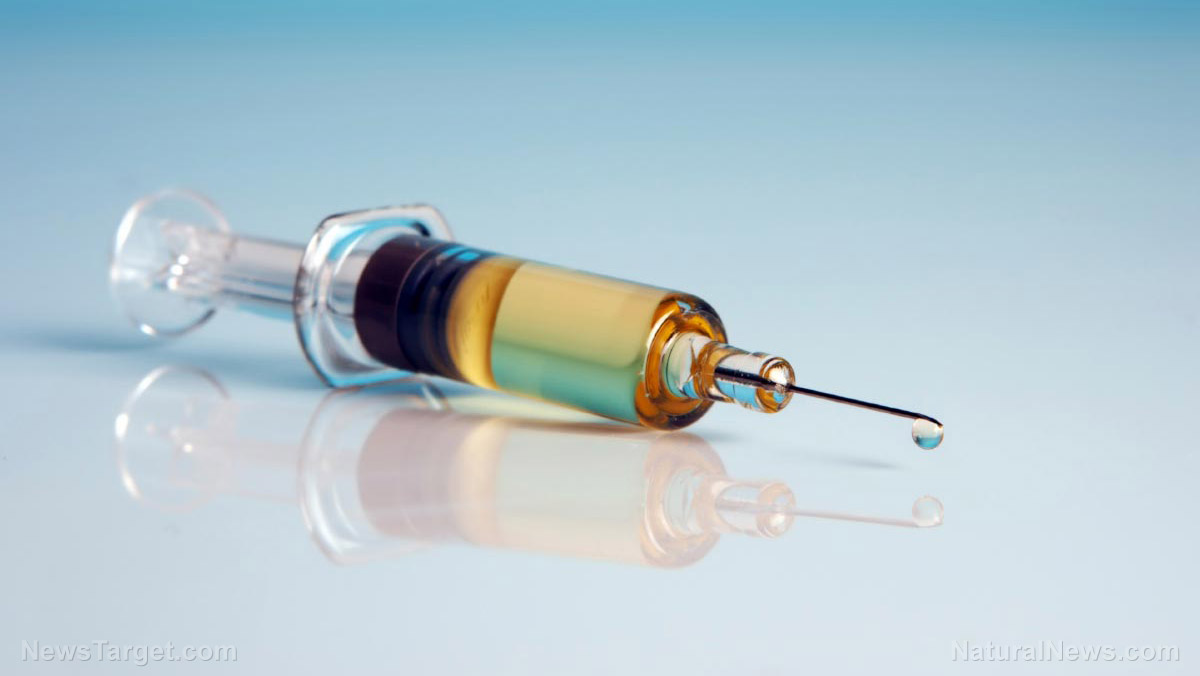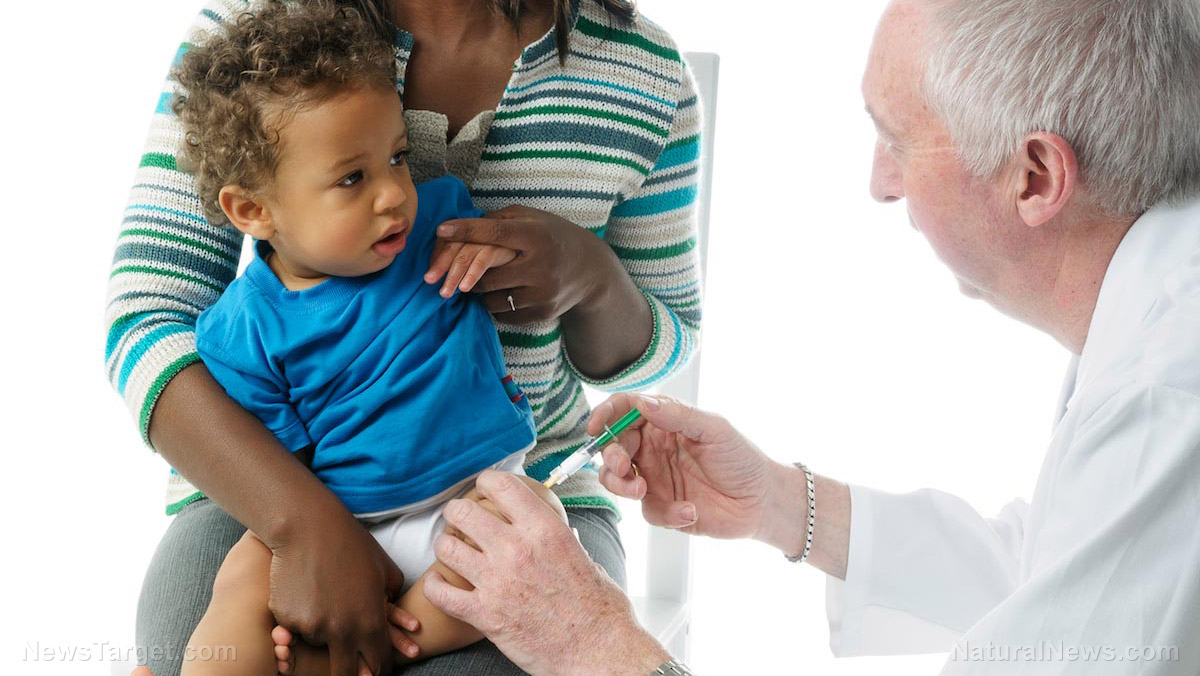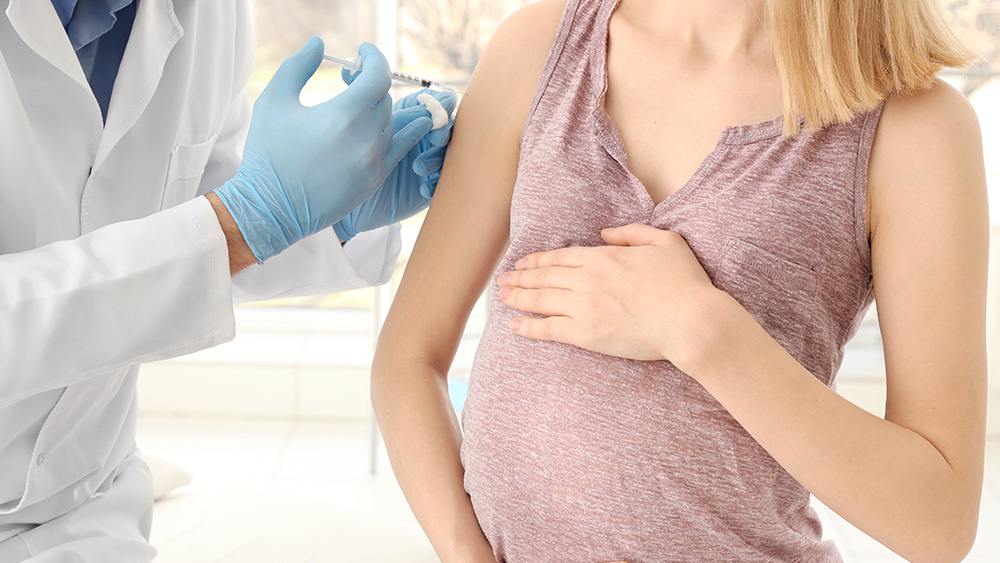
The brain hemorrhages experienced by both workers came amid the country's suspension of the jab over reports of blood clots.
Reuters said on March 20 that the Danish Medicines Agency (DKMA) confirmed the receipt of two "serious reports." However, the agency did not give further information on the matter. DKMA Acting Director of Pharmacovigilance Tanja Erichsen wrote in a March 20 tweet: "We prioritize reports of suspected serious side effects such as these, and examine them thoroughly to assess whether there is a possible link to the vaccine. We are in the process of dealing with the two specific cases."
The incidents of brain hemorrhage followed the death of a 60-year-old woman in Denmark on March 11, which led the Nordic country to halt the use of the jab. The DKMA added that aside from the brain bleeding, the woman exhibited "unusual symptoms" such as a low number of blood platelets and clots in small and large blood vessels.
"It was an unusual course of illness around the death that made [the agency] react," the Danish regulator commented on March 14.
Denmark's Minister of Health and Elderly Affairs Magnus Heunicke confirmed the March 11 suspension of AstraZeneca's coronavirus vaccine, set to last for two weeks. In a tweet, Heunicke said that "The [Danish] health authorities have, due to precautionary measures, suspended vaccination with AstraZeneca following a signal of a possible serious side effect in the form of fatal blood clots."
The minister added that while there is currently no way to see if the symptoms are linked to the jab, the adverse effects merit a more thorough investigation.
Research confirms vaccine triggered blood clots
While Danish health authorities are investigating whether the AstraZeneca vaccine was linked to the blood clots and thrombosis, German and Norwegian researchers appear to have beat them to the punch.
A report by anti-vaccination group Children's Health Defense said that researchers in Germany and Norway found that antibodies in the AstraZeneca vaccine were responsible for the purported adverse effects. Professor Andreas Greinacher and his team from the Greifswald University Hospital in northern Germany said the British pharmaceutical firm's jab may trigger blood platelets to become overly active and form clots. (Related: Germany joins European cohort in halting AstraZeneca coronavirus vaccinations.)
Greinacher and his team looked at 13 cases of cerebral blood clots in Germany that occurred within four to 16 days after vaccination. They managed to isolate and identify the specific antibodies that triggered the formation of blood clots in four cases. According to the team, the AstraZeneca vaccine activated a mechanism causing blood clots to form in the brains of some patients – in a similar manner with wounds healing.
Researchers at the Oslo University Hospital in Norway also arrived at the same conclusion, after their examination of three cases involving healthcare workers younger than 50. Chief Physician Dr. Pål André Holme told the Norwegian newspaper VG that he is confident his team had identified antibodies responsible for the blood clots that the vaccine inadvertently triggered.
"Our theory is that this is a strong immune response that most likely comes after the vaccine," Holme said. The physician continued: "I'm pretty sure it's the antibodies that's the cause [of the clotting], and I see no other reason than that it's the vaccine that causes it." (Related: More than 20 countries halt use of AstraZeneca Wuhan coronavirus jab after suspicious deaths from blood clots.)
But the findings did not convince the European Medicines Agency (EMA) to stop use of the vaccine in the continent. In a March 19 statement, the European drug regulator said the benefits of getting the AstraZeneca jab "still outweigh the risks." It outlined the findings of the EMA's Pharmacovigilance Risk Assessment Committee during its special meeting om March 18.
The conclusions reached by the committee included the vaccine's benefits outweigh its purported risks and getting the jab is not connected to the cases of blood clots earlier reported. The committee also found no evidence of an issue "related to specific batches of the vaccine or to particular manufacturing sites."
Prior to the statement, EMA Executive Director Emer Cooke defended the vaccine. She said that "there is no indication that vaccination has caused these [serious] conditions" during a March 16 press conference. "A situation like this is not unexpected when you vaccinate millions of people," Cooke continued.
Visit VaccineDamage.news to read more reports about adverse effects caused by AstraZeneca's COVID-19 jab.
Sources include:
Please contact us for more information.























